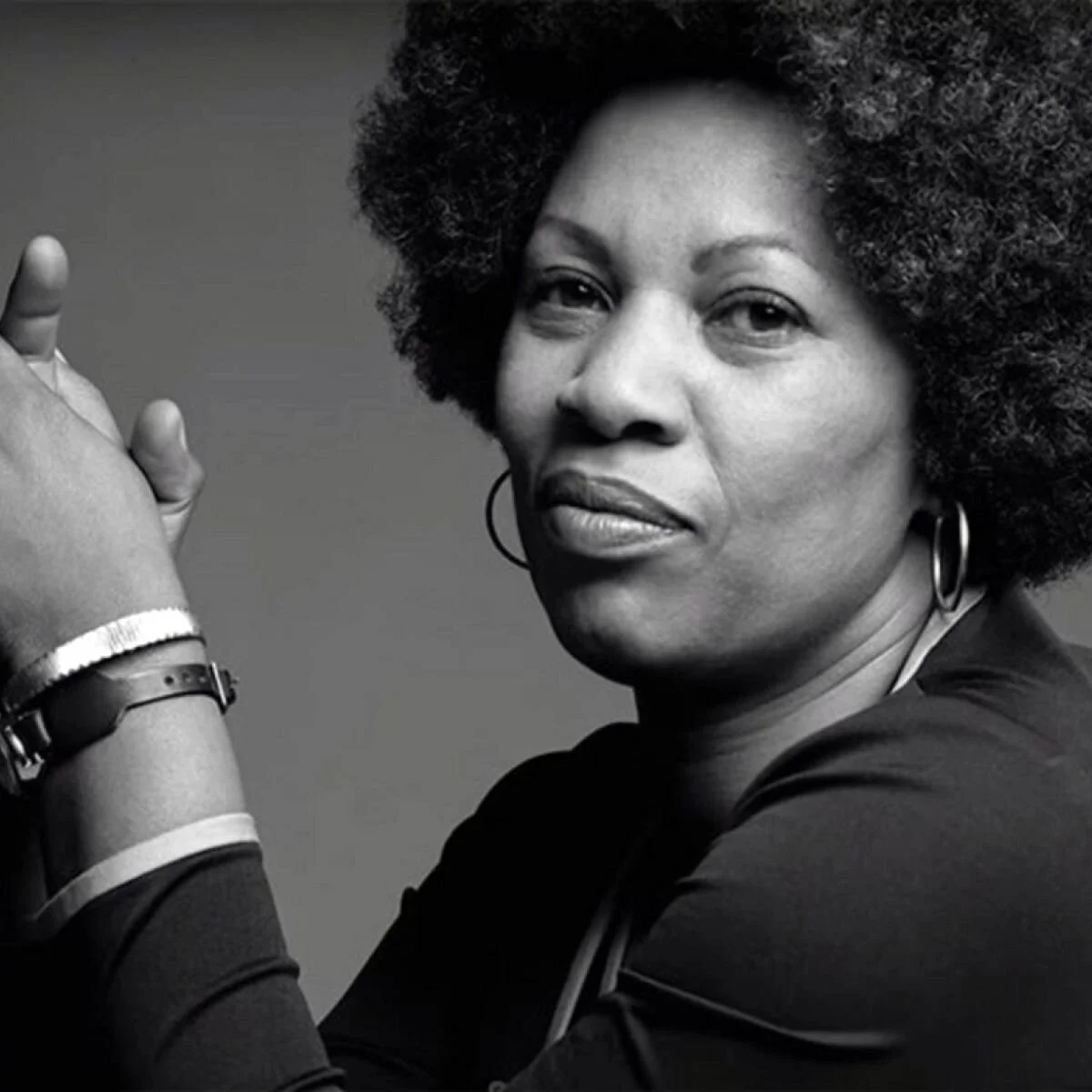TONI MORRISON
Chloe Anthony Wofford Morrison (1931-2019) was born and raised in Lorain, Ohio. She went to Howard University in Washington DC for an undergraduate degree, then Cornell University for her M.A. Almost a decade passed (marriage, children, divorce) before she became the first female black editor at Random House in 1967. In 1970 she published The Bluest Eye, a signal debut, and by 1975 her writing career moved her out of editing and into a rise to one of the premier novelists in the United States. In 1987 she published Beloved, her epic ghost story in a sense, which earned her financial security, a nationwide bestseller for half a year. She was awarded the Nobel Prize for Literature in 1993 for her lifetime of work to date. She was the first black woman of any nation to win the prize. The eminence of being recognized as a world writer did not stop or slow down her writing or teaching (fellowships, lectureships, as befit her position). She died August 5, 2019, at 88 years.
Paradise
Paradise
In prose that soars with the rhythms, grandeur, and tragic arc of an epic poem, Toni Morrison challenges our most fiercely held beliefs as she weaves folklore and history, memory and myth into an unforgettable meditation on race, religion, gender, and a far-off past that is ever present.
“They shoot the white girl first. With the rest they can take their time.” So begins Toni Morrison’s Paradise, which opens with a horrifying scene of mass violence and chronicles its genesis in an all-black small town in rural Oklahoma. Founded by the descendants of freed slaves and survivors in exodus from a hostile world, the patriarchal community of Ruby is built on righteousness, rigidly enforced moral law, and fear. But seventeen miles away, another group of exiles has gathered in a promised land of their own. And it is upon these women in flight from death and despair that nine male citizens of Ruby will lay their pain, their terror, and their murderous rage.
“A fascinating story, wonderfully detailed. . . . The town is the stage for a profound and provocative debate.” —Los Angeles Times

